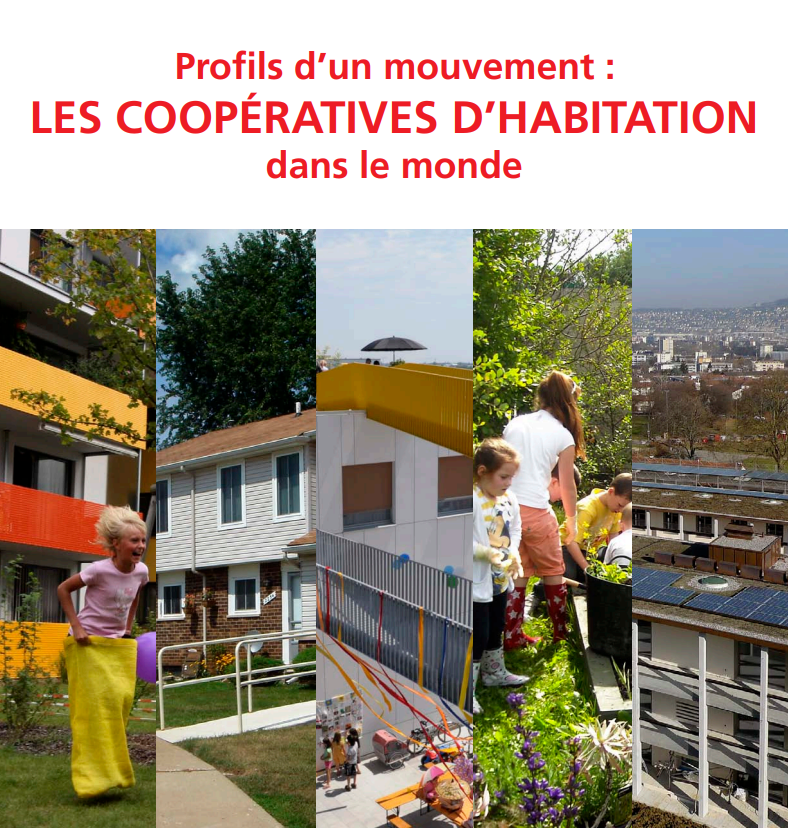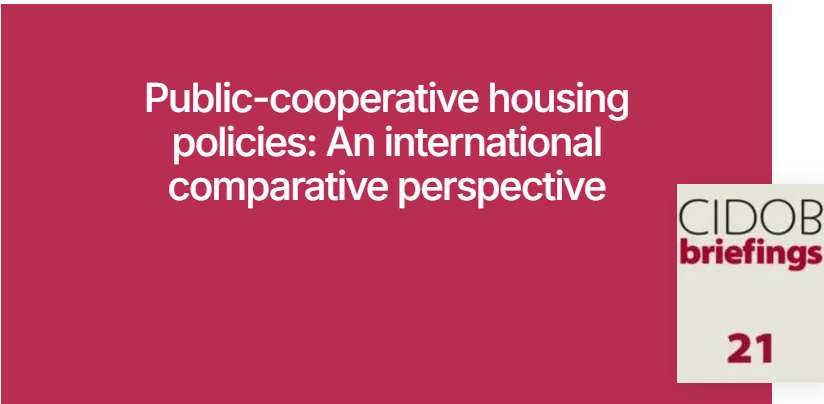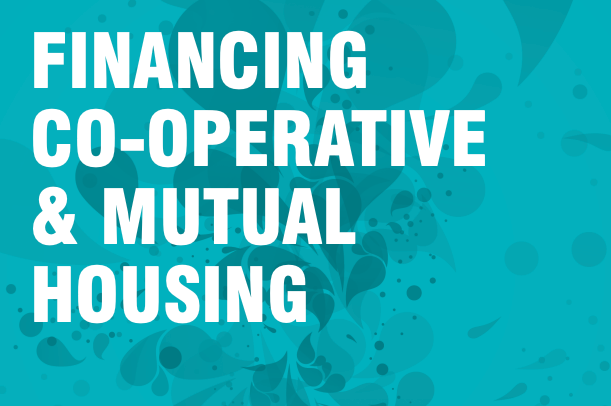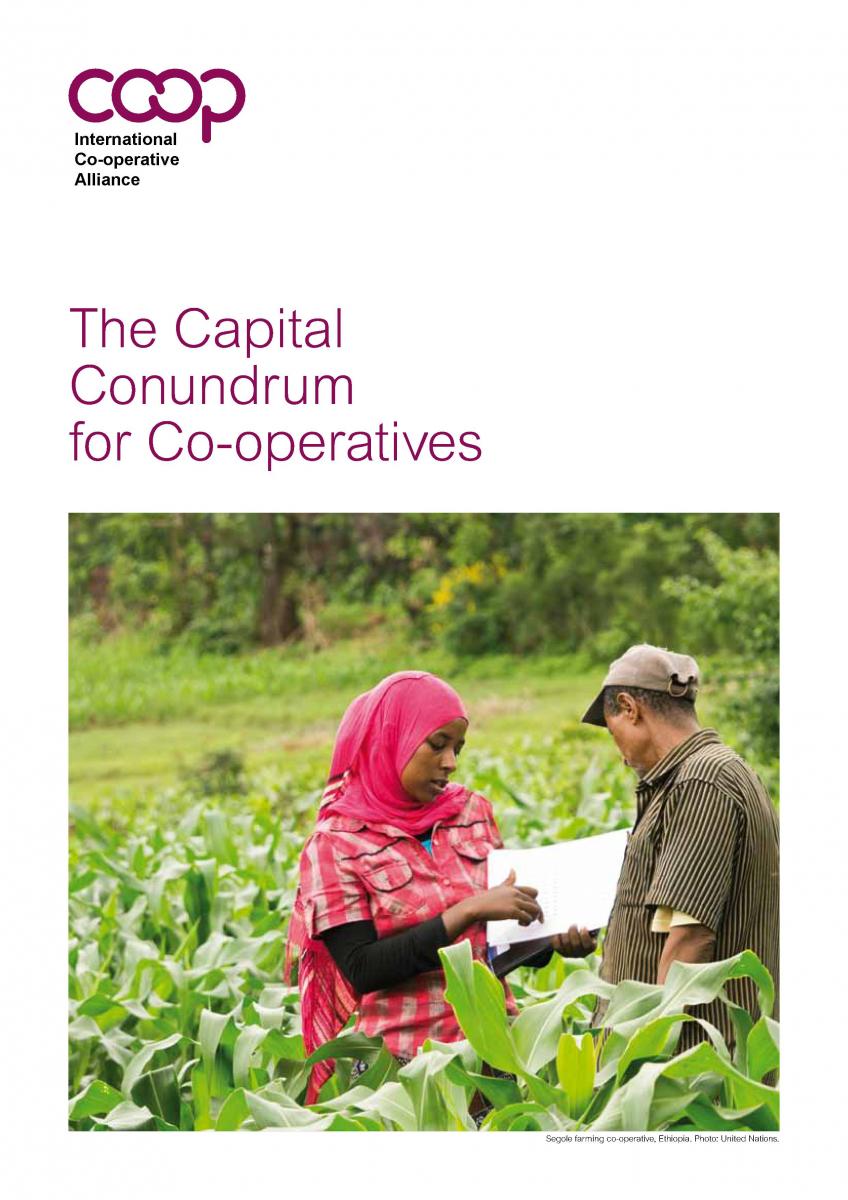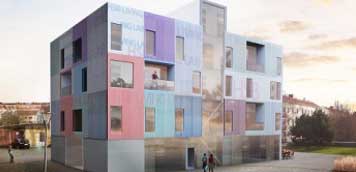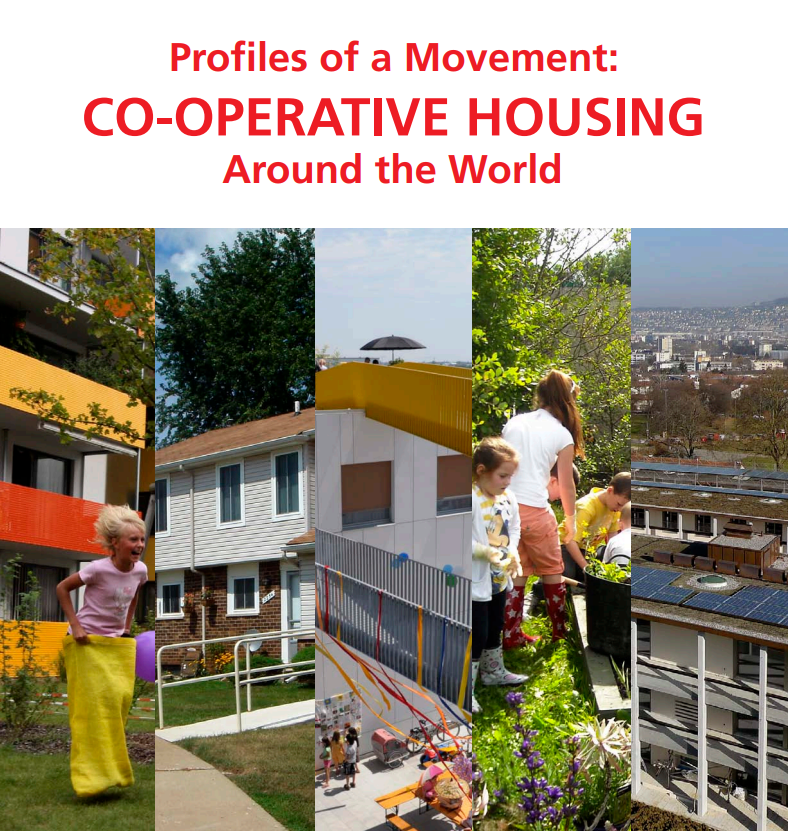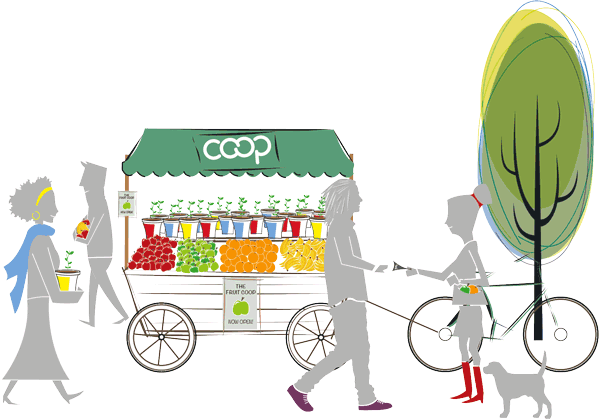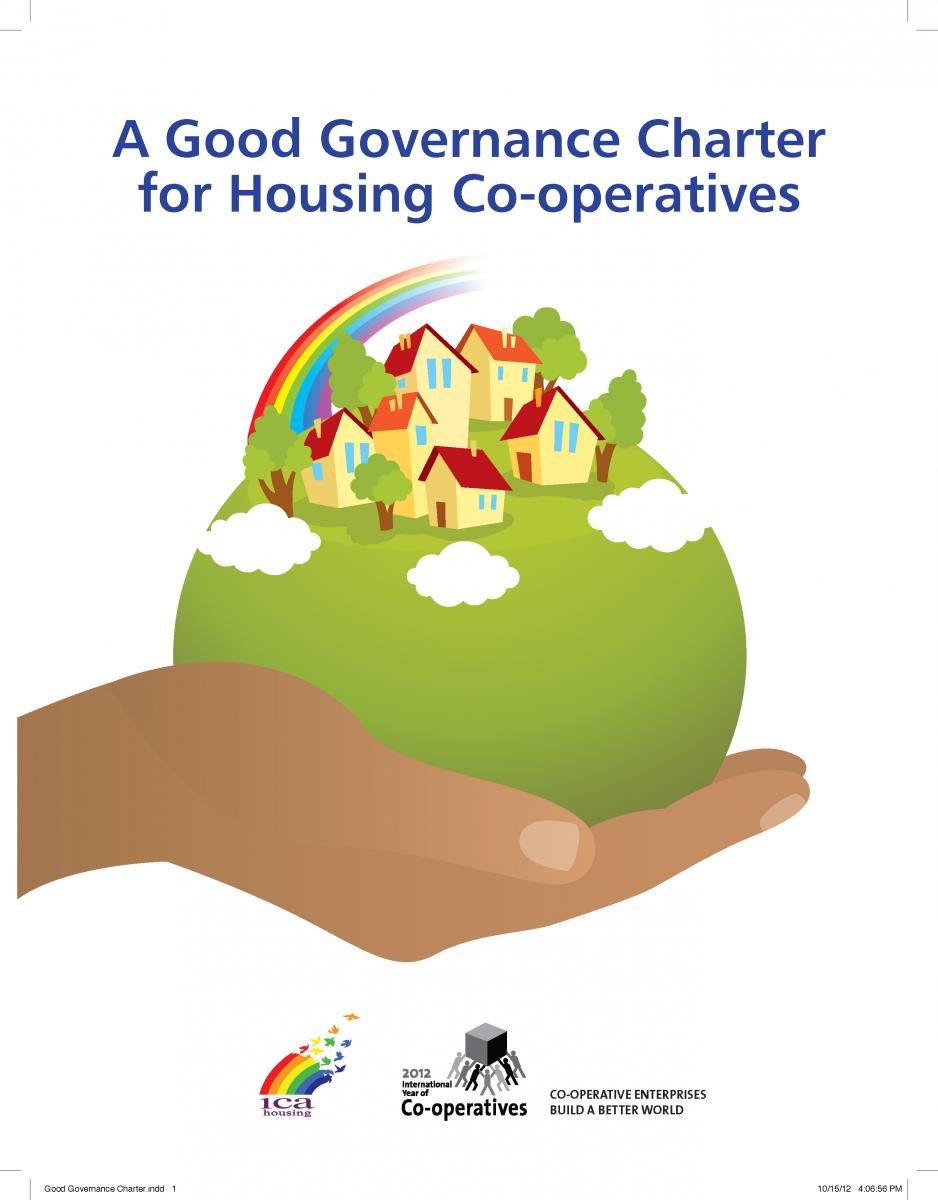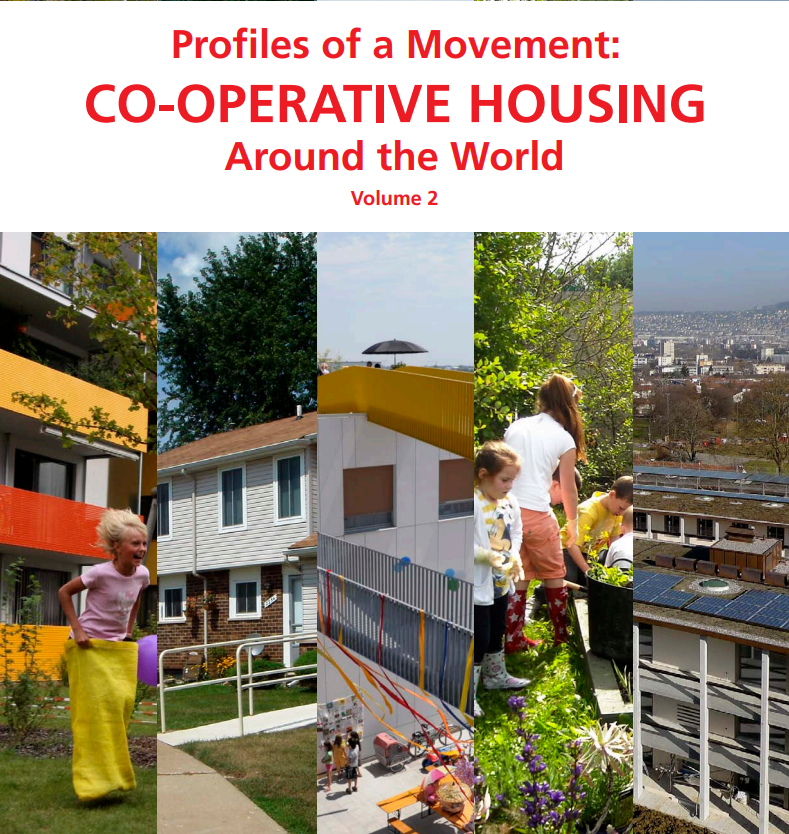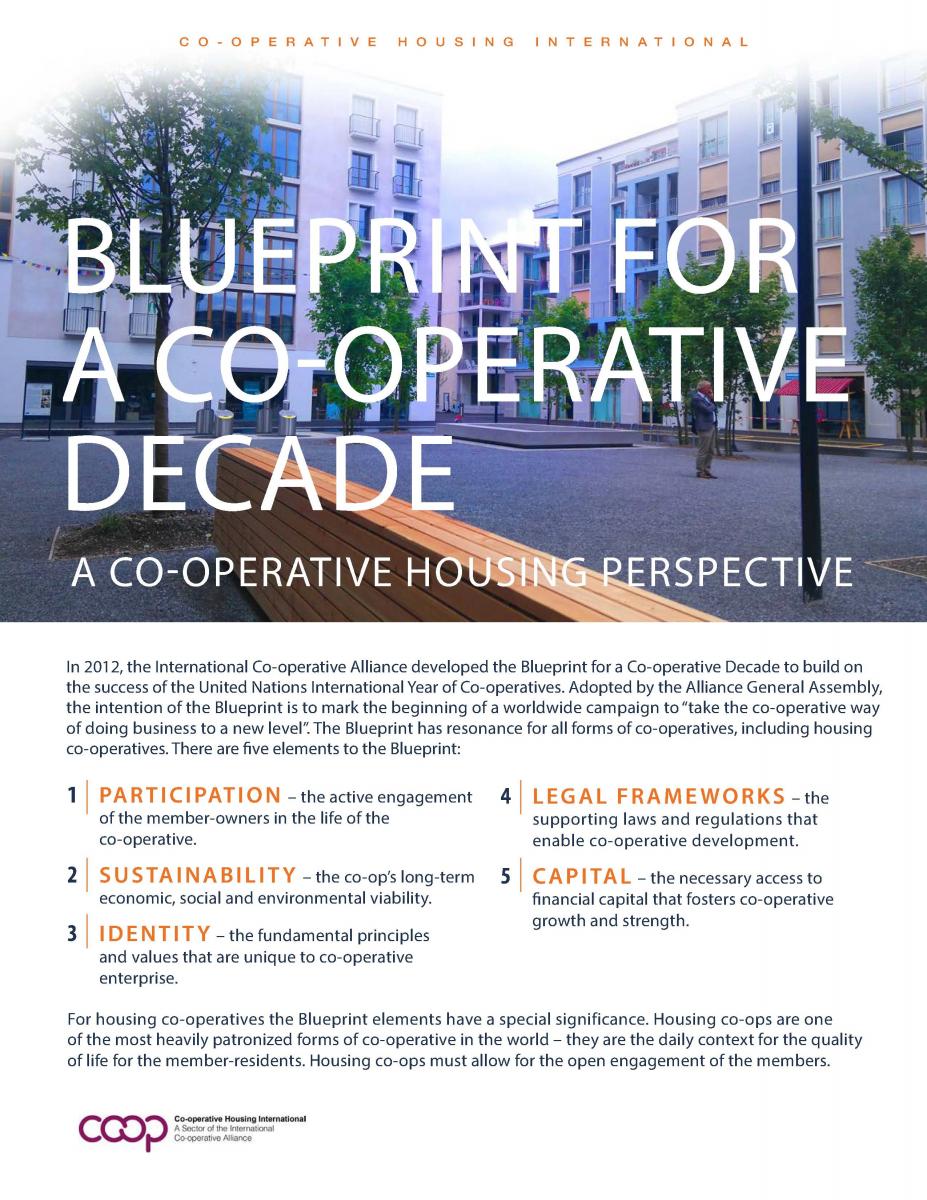About South Africa
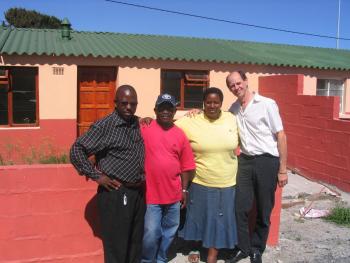
Ilinge Labahlali Housing Co-operative, Cape Town
History of Cooperative Housing in South Africa
South Africa has a long tradition of cooperation rooted in collectivist principles such as ubuntu—an African philosophy often interpreted as “human kindness” or communal responsibility. These values laid the foundation for cooperative initiatives dating back to the early 1900s. The first documented cooperative was the Salt River Trading Co-operative, founded in 1909 by railway workers as a consumer cooperative.
Early Challenges and Racial Barriers (Pre-1930s)
However, the growth of cooperatives was hindered by racially discriminatory laws that restricted the black population’s participation. Although black organizations attempted to promote cooperative ventures—establishing trading cooperatives, land banks, building societies, and burial societies—their progress was limited. Meanwhile, the government actively supported white cooperatives, especially in agriculture, through legislation passed in 1922. Consumer cooperatives aimed to alleviate poverty among poor whites, and credit cooperatives also emerged in the 1920s and 1930s.
Among township residents, two types of cooperatives took root: bulk purchasing cooperatives for food and stock items, and cooperative loan banks. Despite these efforts, most black cooperatives had collapsed by 1950.
Government Promotion and the Homeland System (1950s–1970s)
In the 1950s, the apartheid government pushed cooperative development within designated “homelands” and Trust Farms as part of an effort to legitimize these economically marginalized areas. This was largely a political strategy to reinforce the homeland system.
During the 1970s, grassroots organizations promoting self-help projects began transforming into cooperatives. The late 1970s democratic movement also contributed to the establishment of the first consumer cooperatives in black communities.
Post-Apartheid Housing Policies and Cooperative Growth (1994 Onwards)
With the end of apartheid in 1994, the new democratic government faced the enormous challenge of addressing housing needs while promoting sustainable settlements and empowering citizens. The Reconstruction and Development Programme (RDP) was introduced to reverse apartheid geography through land reform, urban densification, improved public transport, and local industry development.
Between 1994 and mid-2003, approximately 1.5 million new housing units were built, with ongoing projects estimated to total over 3.2 million subsidized units to date. The RDP enabled low-income families to gain homeownership through title deed transfers.
Emergence of Housing Cooperatives in the 1990s
During the 1990s, housing cooperatives began to take shape, primarily driven by the Cope Housing Association (COPE) in Johannesburg, supported by international partners like Rooftops Canada. A bilateral agreement with Norway in 1994 aimed to pilot and expand the cooperative housing model nationwide.
Although several inner-city Johannesburg cooperatives were developed following the Scandinavian cooperative model, this approach largely failed in South Africa due to cultural preferences for individual ownership and the high costs involved in startup and ongoing management.
Simultaneously, in the Eastern Cape, the NGO Afesis Corplan partnered with the Swedish Co-operative Center to fund social housing programs, leading to the registration of the first housing management cooperative in East London.
Government Funding and Pilot Projects (Late 1990s–2000s)
The introduction of the institutional housing subsidy scheme in 1997 provided capital support for housing associations and cooperatives. This funding, combined with NGO and donor efforts, catalyzed pilot cooperative housing projects such as the Newtown Housing Cooperative and the Amalinda project.
However, these early projects faced significant challenges. For example, Newtown eventually lost legal control of its property after a legal dispute, and many Amalinda members were unable to secure individual title deeds.
The government-established Social Housing Foundation (SHF) also became involved in cooperative housing development, partnering with international agencies for technical support.
Hostels and Redevelopment Efforts
Apartheid-era hostels, designed to house migrant workers temporarily, were a major urban feature. In 1999, Cape Town launched the Tenure Options Programme (TOP) to redevelop hostels, emphasizing tenant involvement and offering tenure choices including cooperatives. Rooftops Canada supported this initiative, which resulted in several cooperatives, some of which still exist.
Policy Shift: Focus on Sustainable Settlements (2004 Onwards)
By 2004, government policy shifted to prioritize sustainable human settlements rather than just delivering subsidized housing units. The Breaking New Ground (BNG) policy recognized that earlier RDP units often suffered from poor quality, lack of social infrastructure, and created urban ghettos.
Housing standards improved, mandating larger, better-built houses with basic amenities in place. However, support for grassroots cooperative housing dwindled after Rooftops Canada ended its involvement in 2005, leaving limited provincial support focused on ancillary cooperatives (such as brick-making), rather than housing cooperatives themselves.
International Support and Decline in Technical Assistance
Over the years, various international organizations provided technical and financial support, including Norway, Sweden, the USA, and Canada. Nevertheless, most of this external assistance has tapered off, leaving South African housing cooperatives largely on their own.
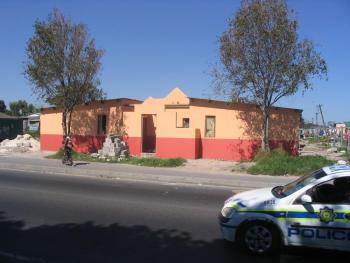
Ilinge Labahlali Housing Co-operative, Cape Town
Current Context of Cooperative Housing in South Africa
Nearly 30 years after the first democratic government took power, South Africa still struggles with a housing backlog estimated at 2.1 million units, with about 40% of dwellings classified as informal housing. The legacies of colonialism and apartheid continue to affect settlement patterns, migration, and poverty distribution.
While basic services have expanded to most households, stark disparities remain between urban and rural areas, and poverty traps persist, especially in former homelands where employment rates remain below 30%.
Housing Needs and Policy Challenges
Although homeownership remains the dominant policy focus, there is an increasing recognition of the need for diverse housing options, including rental and cooperative housing, to accommodate the country’s socio-economic realities and transient populations.
The government’s Enhanced People’s Housing Process (EPHP) encourages community participation and skills transfer, but cooperative housing requires a high level of organizational capacity, financial sustainability, and legal compliance—challenges that have limited their growth.
Legal Framework and Cooperative Types
Housing cooperatives in South Africa operate under the Co-operative Act (2005), with additional relevant legislation including the Rental Housing Act (1999), National Housing Code (2009), and Social Housing Act (2008). Cooperatives generally fall into two categories:
-
Housing Development Cooperatives: Members jointly develop and own housing, either collectively or through individual ownership of units.
-
Housing Property Owning Cooperatives: Members collectively own and manage property.
These cooperatives must be registered, adopt constitutions, manage finances transparently, and comply with government housing standards when subsidies are involved.
Financing Mechanisms
Housing cooperatives rely on capital subsidies from government programs such as the institutional housing subsidy scheme and the People’s Housing Process (PHP). However, capital grants alone often fall short for medium- and high-density projects, requiring additional financing, such as mortgage bonds—which many potential beneficiaries cannot access due to income limitations.
Social Housing Act and Regulatory Challenges
The Social Housing Regulatory Authority (SHRA) oversees social housing institutions and projects, including cooperatives, but the current legal framework presents difficulties for cooperative housing to access funding and meet operational requirements. Efforts are underway to harmonize cooperative and social housing regulations to improve access and sustainability.
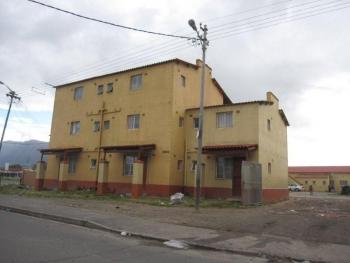
Welcome Zenzile Housing Co-operative, Cape Town
Resources Tagged "South Africa"
L'habitat coopératif offre des logements abordables à long terme, gérés par les résidents, avec des avantages sociaux, économiques et environnementaux avérés. Malgré son impact mondial, ce secteur reste méconnu.Read More
Financing and Development Global Report
Explore public policies supporting cooperative housing worldwide in this comprehensive report. Discover how governments and cooperatives collaborate to create sustainable and affordable housing solutions globally.Read More
Research Global Research Paper
The Commission's final report on Cooperative and Mutual Housing (Bringing Democracy Home) highlighted the need for consideration of the role that cooperative and mutual housing could play in the national housing strategy. The Fina ...Read More
Financing and Development Global Report
Par cette publication, nous souhaitons ouvrir le débat sur le logement en tant que droit fondamental et enjeu métropolitain, en mettant en lumière l’expérience de grandes métropoles et dans l’espoir d’inspirer des idées nouvelles pour aborder cet enjeu absolument fondamental de l’urbanisation moderne.Read More
Advocacy Global
In 2000, United Nations (UN) member states recognised the need to build global partnerships for development and the exchange of expertise as one of the Millennium Development Goals. Across the international development field, part ...Read More
Financing and Development Global
New report: The Capital Conundrum for Co-operatives "The Capital Conundrum for Co-operatives", a new report released by the Alliance’s Blue Ribbon Commission explores ideas and options available to co-operatives that need suitab ...Read More
Financing and Development Global
Financing the development of housing co-operatives is a challenge and more so in time of financial restrictions and uncertainty. CHI members discussed the issue during a seminar held in November 2009 in Geneva. Presentations w ...Read More
Financing and Development Global
The Forest Products Annual Market Review 2013 reports that the development of new refinement processes has led to the production of new and more affordable wood based products such as cross-laminated timber (CLT). The report sta ...Read More
Sustainability Global
Updated Guidance Notes on the Co-operative Principles, edited by David Rodgers, former President of Co-operative Housing InternationalRead More
Governance Global
The ILO views cooperatives as important in improving the living and working conditions of women and men globally as well as making essential infrastructure and services available even in areas neglected by the state and investor-driven enterprises. Cooperatives have a proven record of creating and sustaining employment – they provide over 100 million jobs today; they advance the ILO’s Global Employment Agenda and contribute to promoting decent work.Read More
Legal Global
Cooperative housing offers long-term, affordable homes governed by residents, with proven social, economic, and environmental benefits. Despite its global impact, the sector remains under-recognized.Read More
Financing and Development Europe Report
Student housing cooperatives have become very popular in the USA and many of these housing co-operatives are members of organizations such as NASCO. Unlike a resident who acquires shares at market rates to earn the right to occupy ...Read More
Community Global
The Good Governance Charter for Housing Co-operatives was launched at the ICA Housing Plenary in Manchester in November 2012.It has three parts:A 10-point set of good governance practicesAn interpretive statement for each good p ...Read More
Governance Global
This second volume of Housing Co-operative Profiles focuses on African countries, showcasing the ingenuity and commitment of cooperators working under difficult conditions. It offers insights into the legal, financial, and historical contexts of housing co-ops, aiming to inspire broader adoption of the model as a solution to the global housing crisis.Read More
Community Global Report
The Blueprint for a Co-operative Decade is a worldwide campaign to “take the co-operative way of doing business to a new level”. The five key elements of the Blueprint are participation, sustainability, identity, legal frameworks and capital. The Blueprint is particularly relevant to co-operative housing and the Blueprint interpretation for co-operative housing below explains how.Read More
Governance Global
